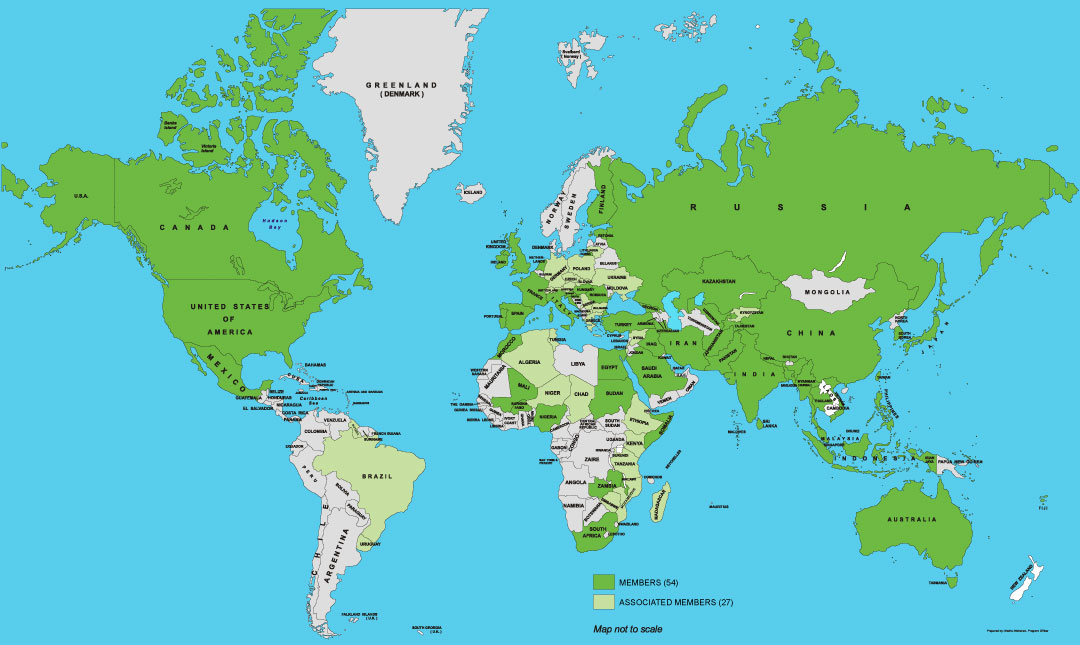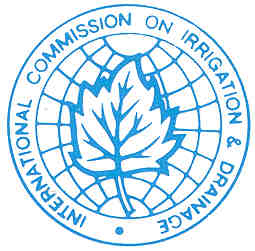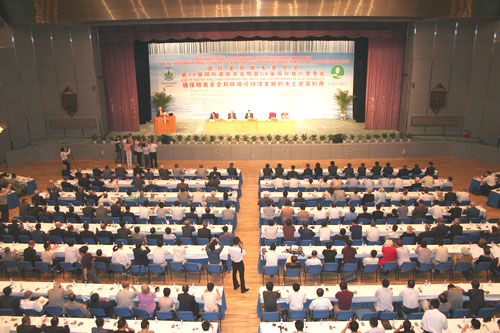DIRECT MEMBER - COMPANY

(6487) Total potential (of soil water)
The amount of work that must be done per unit quantity of pure water in order to transport reversibly and isothermally an infinitesimal quantity of water from a pool of pure water,at a specified elevation and at atmospheric pressure, to the soil water (at the point under consideration). The total potential (of soil water) consists of the following : 1 - Osmotic potential : The amount of work that must be done per unit quantity of pure water in order to transport reversibly and isothermally an infinitesimal quantity of water from a pool of pure water, at a specified elevation and at atmospheric pressure, to a pool of water identical in composition to the soil water (at the point of consideration), but in all other respects being identical to the reference pool. 2 - Gravitational potential : The amount of work that must be done per unit quantity of pure water in order to transport reversibly and isothermally an infinitesimal quantity of water, identical in composition to the soil water, from a pool at a specified elevation and at atmospheric pressure, to a similar pool at the elevation of the point under consideration. 3 – Capillary (matric) potential : The amount of work that must be done per unit quantity of pure water in order to transport reversibly an isothermally and infinitesimal quantity of water, identical in composition to the soil water, from a pool at the elevation and the external gas pressure of the point under consideration, to the soil water. 4 - Gas pressure potential : This potential component is to be considered only when external gas pressure differs from atmospheric pressure as e.g., in a pressure membrane apparatus.
Related items you may like

Workbody

Workbody

Event

Event

Event

Event

Event

Event

Event

Event

Publications

Publications

Publications

Publications

Publications
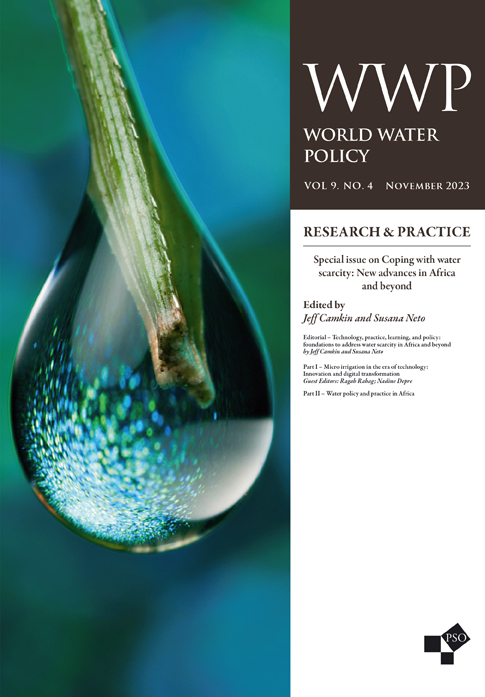
Publications
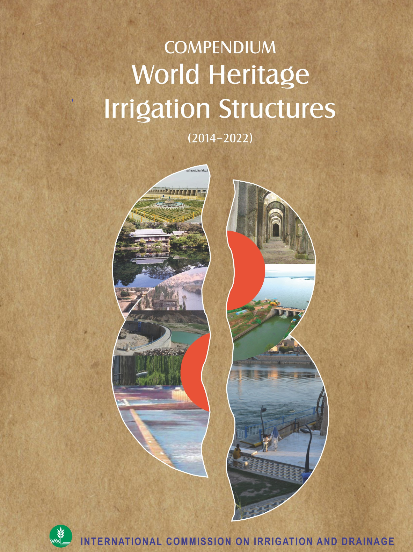
Publications

Publications

Publications

Publications

Publications

Publications

Publications

Publications

Publications

Publications

Publications

Publications

Publications

Publications

Publications

Publications

Publications

Publications

Publications

Publications

Publications

Publications

Publications

Publications

Publications

Publications

Publications

Publications

Publications

Publications

Publications

Publications

Publications

Publications

Publications

Publications

Publications

Publications

Publications

Publications

Publications

Publications

Publications

Publications

Publications

Publications

Publications

Publications

Publications

Publications

Publications

Publications

Publications

Publications

Publications

Publications

Publications

Publications

Publications

Publications

Publications

Publications

Publications

Publications

Publications

Publications

Publications

Publications

Publications

Publications

Publications

Publications

Publications

Publications

Publications

Publications

Publications

Publications

Publications

Publications

Publications

Publications

Publications

Publications

Publications

Publications

Publications

Publications

Publications

Publications

Publications

Publications

Publications

Publications

Publications

Publications

Publications

Publications

Publications

Publications

Publications

Publications

Publications

Publications
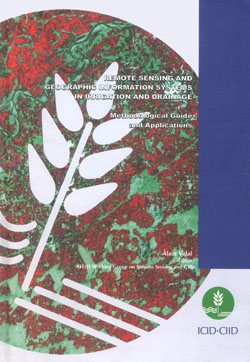
Publications

Publications

Publications

Publications
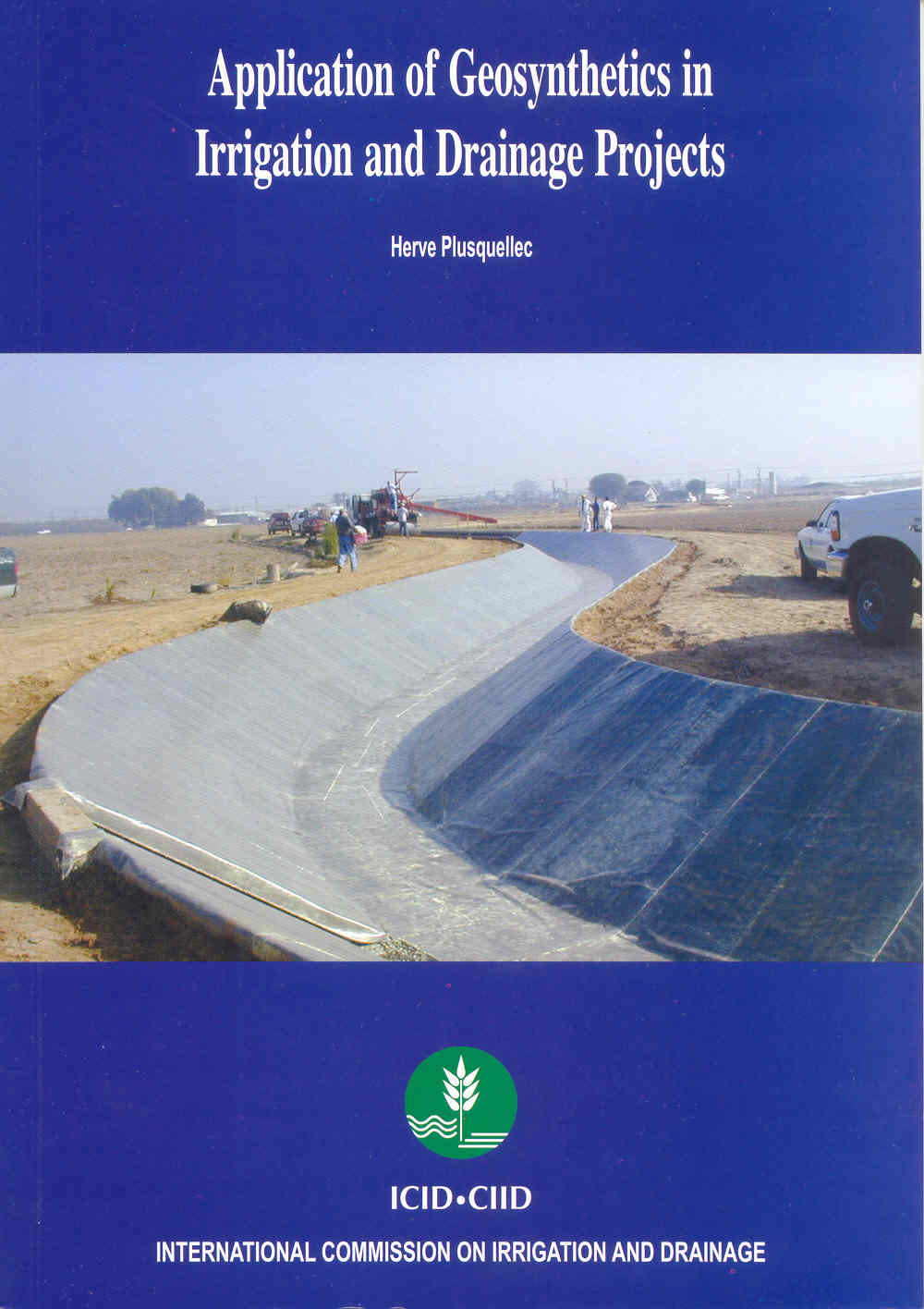
Publications

Publications
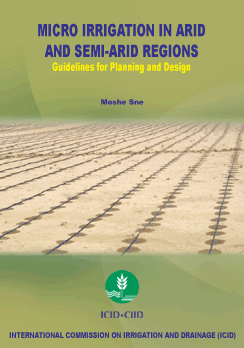
Publications
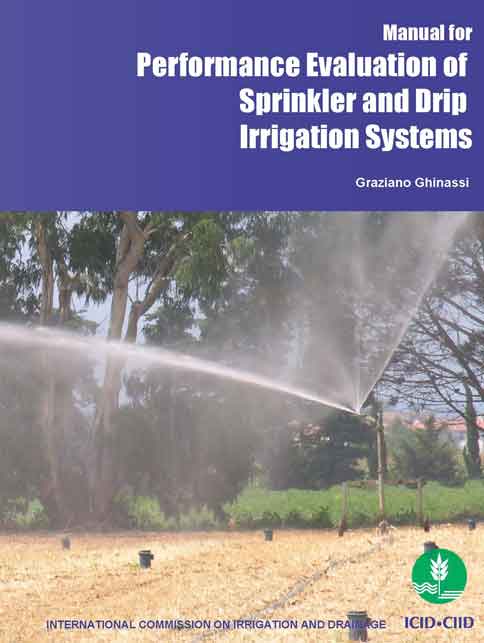
Publications

Publications

Publications

Publications

Publications
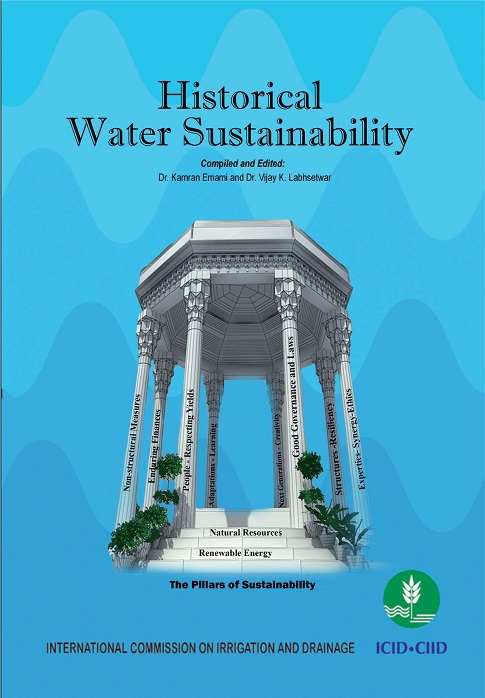
Publications

Publications

Publications

Publications

Publications

Publications

Publications

Publications

Publications

Publications

Publications

Publications

Publications

Publications

Publications

Publications

Publications

Publications

Publications

Publications

Publications

Publications

Publications

Publications

Publications

Publications

Publications

Publications

Publications

Publications

Publications

Publications

Publications

Publications

Publications

Publications

Publications

Publications

Publications

Publications

Publications

Publications

Publications

Publications

Publications

Publications

Publications

Publications

Publications

Publications

Publications

Publications

Publications

Publications
Irrigation
Sources of Irrigation
Irrigation History +
Sources of Irrigation +
IMPROVING SOIL MOISTURE +
Ponds +
Tanks +
Diversion Weirs +
Dams and Reservoirs +
Groundwater +
Conjunctive Water Use +
Wastewater +
Poor Quality Water +
Application of Irrigation water
Canal Irrigation +
Flood Irrigation +
Deficit Irrigation +
Supplemental Irrigation +
Sprinkler Irrigation +
Drip Irrigation +
Lift Irrigation +
Centre Pivot Irrigation +
Tidal Irrigation +
Micro-Irrigation Technologies for Small Holders +
Automatic Irrigation Systems +
Pressurized Irrigation +
Irrigation in Viticulture +
Purpose of Irrigation
Instruments and implements of Irrigation
Pumps +
Centrifugal Pumps +
Submersible Pumps +
Turbine and Jet Pumps +
Conveying Pipes +
Sprinklers +
Drippers +
Canal Automation Systems +
Irrigation Management
Economics of Irrigation System +
I&D System Types +
I&D Investment Functions +
I&D Management Issues +
Participatory I&D Management +
Equity in Irrigation +
Irrigation Services +
Irrigation and environment
Pollution and Irrigation +
Irrigation and Climate Resilience +
Environmental Aspects of Irrigation +
Environmental Impacts of Irrigation +
Green Lawn Irrigation +
Safe Use of Waste Water in Irrigation +
Organic Agriculture +
Soil Health +
Soil Health Management +
Quality of Irrigation Water +
Capacity Development
Drainage
Drainage Types and Systems
Agricultural Drainage +
Field Drainage systems +
Canal Irrigation and Drainage +
Surface Drainage Systems +
Subsurface Drainage +
Mole Drainage +
Bio-Drainage +
Regional Bio-Drainage +
Drainage Issues
Dictionary - Quality of Irrigation Water Terms
- Acceptable quality level
- Operating characteristic in quality control, or OC curve in quality control
- Surface water hydrology
- Geohydrology, Hydrogeology or Groundwater hydrology
- Hydrological year, or Water year
- Headwater, or Headwaters
- Slush, or Watery mud
- Snowmelt, or Snow water
- Water-equivalent of snow, Snow water equivalent
- Drainage area, Drainage basin, River basin, Catchment area, Catchment basin, Catchment, Watershed
- Experimental basin, or Experimental watershed (USA, AU)
- Water parting, Drainage divide, Divide, Watershed divide, Watershed boundary, Topographic divide
- Storm runoff or Storm-water runoff
- Groundwater runoff
- Watershed leakage
- Headwater storage
- River basin management, Watershed management, or River management
- River basin model, or Watershed model (US)
- Ungauged basin, or Ungaged watershed (US)
- Water balance, or Water budget
- Groundwater storage
- Groundwater province
- Subsurface water, Underground water, or Subterranean water
- Groundwater
- Zone of aeration, Aeration zone, Zone of suspended water, or Unsaturated zone
- Belt of soil water
- Interstitial water
- Suspended water
- Capillary groundwater, or Fringe water
- Intermediate water
- Vadose water, Gravity suspended water, or Gravitational water
- Groundwater table
- Free groundwater, Phreatic water, or Non-artesian water
- Confined water, or Confined groundwater
- Perched water, or Perched groundwater
- Semiperched groundwater
- Fixed groundwater
- Connate water
- Adsorption water
- Attached groundwater
- Cavern water
- Cavern water reservoir
- Fissure water, or Fault water
- Juvenile water
- Metamorphic water
- Meteoric water
- Pore water
- Primitive water
- Rejuvenated water
- Water of compaction
- Water of infiltration
- Influent water
- Water of condensation
- Groundwater flow
- Artesian water
- Groundwater reservoir
- Water-bearing media or Water-bearing strata
- Groundwater artery
- Groundwater divide
- Water-table spring
- Water-table contour, or Groundwater contour
- Hydro-isobaths, or Isobaths of water table
- Belt of fluctuation of water table, or Belt of phreatic fluctuation
- Phreatic decline, or Decline of water table
- Cone of water-table depression, or Cone of pumping depression
- Phreatic fluctuation, or Fluctuation of water table
- Groundwater cascade
- Groundwater dam
- Highest stage of the water table, or Phreatic height
- Groundwater ridge
- Interstream groundwater ridge
- Groundwater mound, or Groundwater hill
- Groundwater trench
- Groundwater withdrawal, or Groundwater extraction
- Water table
- Water surface (groundwater)
- Phreatic low, or Lowest stage of the water table
- Natural water table
- Profile of water table
- Perched water table
- Semiperched water table
- Field capacity, Normal field capacity, Normal moisture capacity, Maximum field carrying capacity, Field capillary (moisture) capacity, Effective water-holding capacity, Specific retention
- Effective velocity (of groundwater), Actual velocity (of groundwater), True velocity (of groundwater), or Field velocity (of groundwater)
- Apparent velocity (of groundwater)
- Average velocity (of groundwater)
- Critical velocity (of groundwater )
- Groundwater turbulent flow
- Groundwater recharge
- Groundwater balance, or Groundwater budget
- Groundwater increment, or Groundwater accretion
- Groundwater decrement
- Groundwater inventory
- Groundwater equation
- Groundwater management
- Groundwater model
- Absorbed water
- Groundwater balance
- Groundwater basin
- Zone of fluctuation of water table, or zone of phreatic fluctuations
- Dead water
- Water surface slope
- Water-stage recorder, or Water-level recorder
- Freshwater
- Surface water
- Watershed
- Ponded water
- Freshwater lake
- Centimetre of water
- Head of water in metres
- Head of water in metres
- Backwater
- Backwater curve
- Backwater effect
- Bed building stage of river, or Mean water stage of river
- High water training, or Training for discharge
- Low water training, or Training for depth
- Mean water training, or Training for sediment
- Tail water erosion
- Moisture content, Water content or Moisture percentage
- Water-depth ratio
- Hygroscopic moisture, Hygroscopic water, or Moisture of condensation
- Capillary moisture, or Capillary water
- Combined water
- Bound water
- Imbibation moisture, or Water of imbibation
- Water of saturation
- Water of supersaturation, or Water of dilation
- Moisture-holding capacity, Saturation capacity or Maximum water capacity
- Actual water deficiency
- Unavailable soil moisture, or Unavailable water
- pF of soil water
- Adhesive water, or Pellicular water
- Soil water zone
- Available water
- Soil water deficit
- Soil water tension
- Plerotic water
- Superfluous water
- Gravitational water
- Waterlogging
- Waterlogged low land
- Slack water, or Slack tide
- Diurnal inequality
- Tidal water level
- Low water of ordinary spring tides (LWOST)
- High water line of tide
- Indian spring low water
- Watershed management
- Operation waste, or Escaped water
- Waterway
- Standard waterway, Theoretical waterway, or Normal waterway
- Lacey`s waterway, or Lacey`s wetted perimeter
- Contracted waterway
- Dewatering
- Surface area of reservoir, or Maximum water surface area
- Water surface
- Maximum water level
- Retention water level, Top water level, Normal top water level, Full supply level, or Normal water level
- Exceptional water level, or Abnormal water level
- Normal water surface elevation, Normal water level, Conservation water level, Storage level, Normal pool level, or Conservation storage level
- Waterstop
- River sluices, Waste outlets, or Dewatering outlets
- Water intake test
- Pore pressure, Pore water pressure, or Neutral stress
- Water turbine
- Water hammer
- Water seal
- Cup basin type water seal
- Tilted outlet type water seal
- Obstruction weir type water seal
- Baby siphon type water seal, or Maramsilli baby siphon type water seal
- Auxiliary siphon type water seal
- Overfall weir type water seal, or Priming weir type water seal
- Mechanically induced water seal
- Tudel type water seal, Stepped type water seal, Offset type water seal, or Joggle type water seal
- Clear overfall type water seal
- Baffle type water seal
- Stilling basin, Tumble way, Hydraulic energy dissipator, Water-stilling device, or Energy dissipating device
- Water cushion, Stilling pool, or Cistern
- Tailwater rating curve, or Downstream stage discharge curve
- Water-sediment complex
- Water level diagram
- Constriction water-meter
- Mixed water levels control gate
- Flushing water
- Superfluous water
- Extra water, or Escapages
- Surplus water
- Excess water, or Surcharge water
- Waste water
- Lockage water
- Thrift basin chamber, Economizing chamber, Water saving chamber, Thrift lock
- Headwater
- Tailwater
- Irrigation pipe aqueduct, Pipe aqueduct, Pipe flume
- Syphon, Inverted siphon, Irrigation syphon, Canal syphon, Syphon superpassage
- Cut-water
- Sharp (nose) cut-water, or Pointed (nose) cut-water
- Blunt (nose) cut-water
- Circular (nose) cut-water, or Half round cut-water
- Segmental cut-water
- Straight (line, surface) sharp cut-water, Equilateral cut-water, or Sixty degree straight sharp cut-water
- Elliptical cut-water
- Asymmetrical (nose) cut-water
- Ease-water, Fairing
- Overall waterway
- Clear waterway, Clear span
- Water mill
- Water flour mill
- Pelton wheel, Pelton water wheel, Tangential turbine
- Groundwater conservation
- Groundwater mining
- Groundwater overdraft
- Lift irrigation area, or Lift area
- Water allowance
- Integrated Water Resources Management
- Water right
- Water sales
- Continuous-flow irrigation
- Water account
- Water requirement
- Period of shortage of water
- Excess water
- Water-right
- Night-storage irrigation system
- Waterman, or Water bailiff
- Intermittent-flow irrigation system
- Irrigation return flow
- Watercourses
- Sub-watercourses
- Down the watercourse turn
- Round the watercourse turn
- Farm irrigation structures
- Levee district, District water board, or Water board of polder
- Groundwater storeys
- Confined-water well
- Observation well, Groundwater station, Monitor well, or Piezometer
- Depleted phreatic surface, or Depleted water table
- Cone of depression, Cone of pumping depression, Cone of influence, Cone of exhaustion, Cone of water table depression, or Cone of pressure relief
- Artesian water power
- Prospecting (groundwater)
- Dowsing, Water witching, or Divining
- Dowser, Divining rod, Dipping rod, Water witching stick, or Wiggle stick
- See-saw water lift, Picotah, Picottah, Piccota, or Pikota
- Improved water wheel, Chakram
- Water ladder, Chinese dragon wheel, Rahad
- Water wheel
- Undershot water wheel
- Collective irrigation system
- Individual irrigation system
- Perennial irrigation
- Seasonal irrigation
- Supplemental irrigation
- Systematic irrigation
- Flow irrigation, or Gravity irrigation
- Pumping irrigation
- Inundation irrigation
- Irrigation from a storage reservoir
- Irrigation from groundwater
- Irrigation by flood water spreading
- Sailab irrigation (a term used in India and Pakistan)
- Micro basin irrigation
- Irrigation by spreading
- Irrigation
- Irrigation interval
- Irrigation dose
- Ideal irrigation interval
- Irrigation season
- Fall irrigation (USA)
- Winter irrigation (USA)
- Early irrigation (USA)
- Preliminary watering
- First watering
- Sub-irrigation
- Overirrigation
- Irrigation canals
- Surface irrigation
- Flood irrigation
- Basin method of irrigation, or Irrigation by beds
- Flush irrigation
- Spate irrigation
- Border irrigation, or Border method
- Flooding from ditches, or (contour ditch irrigation)
- Corrugation irrigation
- Furrow irrigation
- Surge irrigation
- Duration of irrigation
- Secondary flow, Two discharge, or Cutback irrigation
- Primary flow irrigation (single discharge)
- Wave irrigation
- Irrigation through buried drains, Irrigation-drainage, or Vallenhove process
- Irrigation by nappe control, or Ramspol process
- Selection of irrigation parameters
- Sprinkler irrigation
- Irrigation terminal
- Irrigation device
- Perforated pipe sprinkler irrigation
- Irrigation sprinkler machine
- Centre pivot irrigation
- Lateral-move irrigation machine sprinkler method
- Solid set irrigation
- Piloting of irrigation
- Irrigation cycle
- Micro-irrigation, Localized irrigation, Drip irrigation, Trickle irrigation
- Mobile micro-irrigation
- Pulse irrigation
- Surface drip irrigation
- Buried drip irrigation
- Drip irrigation functioning by propulsions
- Micro-irrigation network
- Micro-irrigation nozzle-line
- Irrigation dose
- Semi-automatic control (of irrigation)
- Micro-irrigation system with hydraulic sequential operation
- Automatic control (of irrigation)
- Porous wall microirrigation tubing
- Proportional irrigation pump
- Injected water ratio, or Driving water ratio
- Irrigation water
- Profitable crop water requirement, or Unit water requirement
- Water requirement, Net water requirement, Total water requirement
- Optimum water requirement
- Irrigation water requirement, Irrigation need
- Net irrigation requirement, Farm delivery requirement, or Delta at farm
- Crop irrigation requirement
- Critical water deficit
- Possible water expenditure
- Diversion requirement, Gross irrigation requirement, or Delta at head of main canal
- Crop water requirement
- Optimum irrigation requirements
- Actual water income
- Desired water income
- Duty, or Water duty
- Designed duty of water
- Economic water duty
- Consumptive water use or Consumptive use
- Effective water use
- Water application efficiency
- Water storage efficiency
- Irrigation efficiency, Farm irrigation efficiency, Farm delivery efficiency, Water conveyance and delivery efficiency, or Overall efficiency
- Irrigation water-requirement
- Available soil water storage
- Field water balance
- Groundwater table
- Method of water delivery
- Peak period crop water requirements
- Soil water stress
- Soil water content
- Soil water tension
- Total available soil water storage
- Total soil water storage
- Subirrigation
- Surge irrigation
- Crop water use efficiency or Crop water use index
- Irrigation water use efficiency
- Unit irrigation efficiency
- Economic efficiency of irrigation
- Irrigation efficiency
- Agronomic efficiency of irrigation or Agronomic productivity of irrigation
- Level of satisfaction of the water requirement of users
- Degree of durability of irrigation
- Surface water
- Perched water table
- Groundwater table
- Watershed
- Artesian water
- Water bearing
- Excess water
- Field capacity, Field moisture capacity, Normal field capacity, Normal capacity, Capillary capacity, Maximum field carrying capacity, Field capillary (moisture) capacity, Effective water holding capacity
- Free water
- Phreatic water
- Soil water head
- Total head, Total hydraulic head or Total soil water potential
- Unconfined water
- Water devide
- Backwater gate
- Water gate
- Waterproof cement
- Water repellent cement
- Water-reducing agent, or Wetting agent
- Water-repelling agent
- Water-cement ratio
- Moist curing, Water curing
- Bulk density, Void content, Specific gravity, Water absorption
- Water paints
- Water coffer dam
- Batchers, Aggregate batcher, Water batcher, Cement batcher
- Dewatering
- Programmed irrigation
- Fully automatic irrigation system
- Semi-automatic field water distribution system, or Partially automatic system
- Water level control system (pumps)
- Irrigation development project or system
- Quality ratios
- Water resources of artificial origin
- Water erosion
- Headwater erosion
- Aggressive water
- Total potential (of soil water)
- Soil water pressure
- Water content
- Soil Water Characteristics Curve
- Differential water capacity
- Soil water diffusivity
- Water control
- Watershed management
- Grassed waterways, or Sod waterways
- Water salinity
- Waste water re-use
- Environmental quality
- Freshwater peat
- Water Resource
- Cold‑water fishery
- Warm‑water fishery
- Primary standard (for air quality)
- Secondary standard (for air quality)
- Water pollution
- Water quality
- Waterborne diseases
- Water disturbance
- Groundwater contamination
- Industrial wastewater
- Raw water
- Reclaimed water
- Receiving waters
- Cooling water
- Wastewater
- Sanitary wastewater
- Municipal wastewater
- Domestic sewage, Domestic effluents, Domestic wastes, or Domestic wastewater
- Sullage water
- Stormwater runoff
- Stormwater overflow:
- Combined wastewater
- Compatible industrial wastewater
- Wastewater reclamation, waste water treatment
- Clarified wastewater
- Dewatering
- Decomposition of wastewater
- Coagulated wastewater
- Filtered wastewater
- Disinfected wastewater
- Oxidized wastewater
- Slow rate wastewater land treatment
- Rapid infiltration wastewater land treatment
- Overland flow wastewater land treatment
- Environmental quality standards
- Water quality management
- Water quality standards
- Drinking water standards
- Composite water sample
- Water quality criteria
- Water penetration
- Dystrophic water
- Drinking water supply
- Potable water
- Soft water
- Hard water
- Brackish water
- Salt water intrusion
- Irrigation
- Surface irrigation
- Basin Irrigation
- Overhead irrigation
- Sub‑irrigation
- Microirrigation
- Trickle irrigation
- Drip irrigation
- Total irrigation
- Supplemental irrigation
- Preplant irrigation
- Organic irrigation
- Surface water problem
- Water‑gathering surface
- Water neutral surface
- Water‑spreading surface
- Ground-water table control ditch
- Groundwater flooding
- Watershed
- Flood mark, High watermark, or Rack mark
- Flood meter, or Water level gauge
- Highest high water
- Overflowing, or Overtopping by high water level
- Water-retaining side, Wet side, or Outer side of the dike
- Watercourse law
- Water tunnel
- Refraction (of water waves)
- Diffraction (of water waves)
- Project, Scheme, Water project, or Water resources development project
- Conjunctive irrigation planning
- Irrigation project
- Watershed project
- Municipal water
- Industrial water
- Domestic water
- Commercial water
- Public water
- Recreational uses of water
- Irrigation potential
- Agricultural water use
- Artificial groundwater recharge
- Groundwater system, or Groundwater basin
- Water conservation
- Watercourse
- Water management
- Water policy
- Water resources
- Heavily modified water body
- Surface water body
- Water services
- Water resources appraisal
- Water resources survey
- Available water supply
- Phases of water resources development
- Underground water basin
- Partially developed underground water basin
- Fully developed underground water basin
- Groundwater investigations, or Geohydrological investigations
- Geochemical and geothermal water surveys
- Quality Assurance
- Quality Control
- Quality Management
- Quality Review
- Quality Planning
- Assessment of irrigation charges
- Increment in land revenue, Water advantage rate, or Canal advantage rate
- Irrigation cess
- Water rate, Water charge, Irrigation rate, or Irrigation assessment
- Water rental
- Minimum water rental charge
- Volumetric water rate
- Occupier`s water rate, or Crop water rate
- Agreement water rate, or Lease water rate
- Differential water rate
- Primary benefits, Primary effects, Direct irrigation benefits, or Direct irrigation effects
- Secondary benefits, Secondary effects, Indirect irrigation benefits, or Indirect irrigation effects
- Domestic, municipal and industrial water benefits
- Economic value of unit of irrigation water
- Revenue value of a unit of irrigation water
- Freshwater Lens
